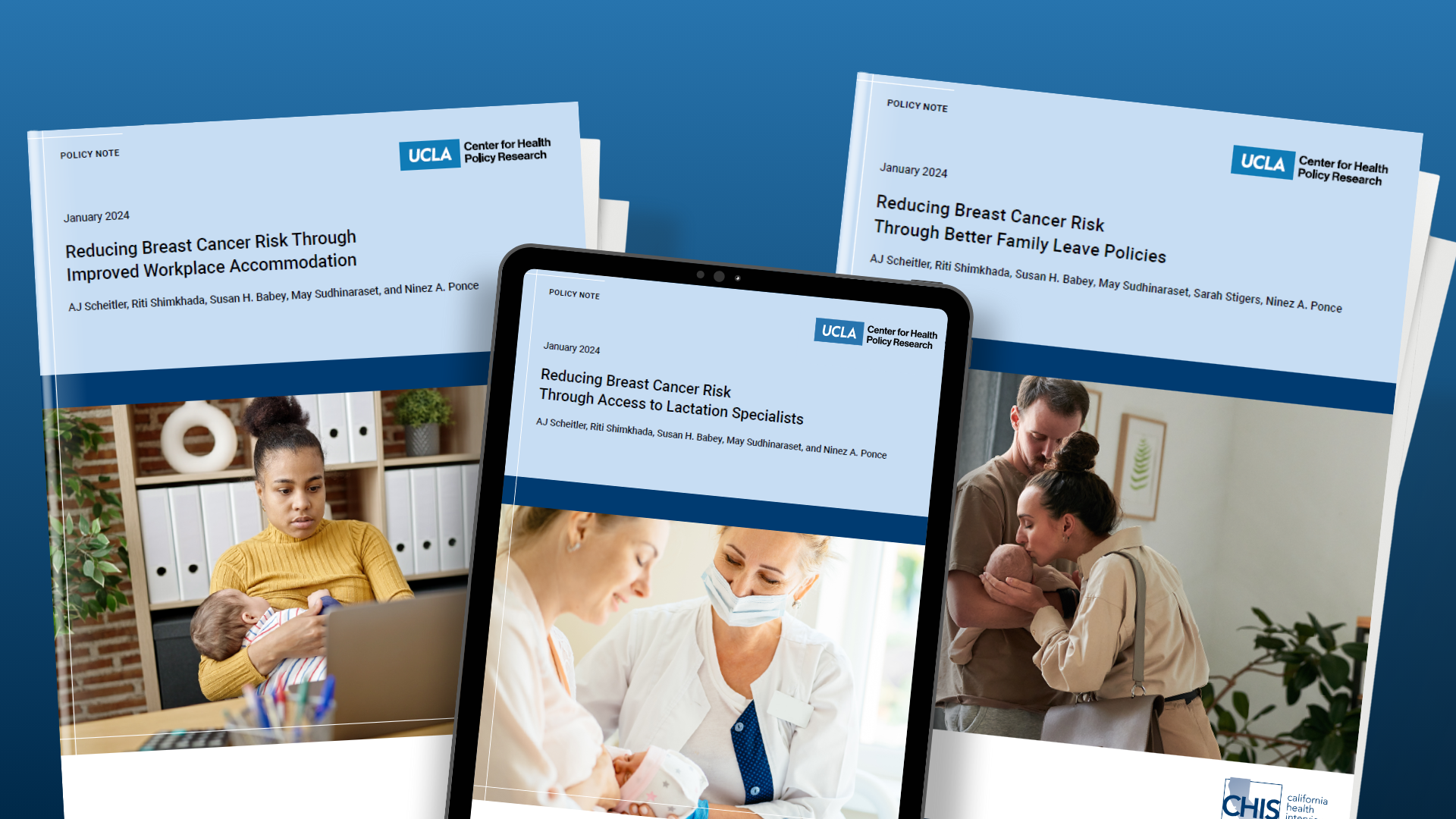
Journal Article
The "Disproportionate Costs" of Immigrant Policy on the Health of Latinx and Asian Immigrants
There is growing evidence that Asian and Latinx immigrants' health and health care access is shaped by immigrant policies that determine their rights, protections, and access to resources and the extent to which they are targeted by policing or deportation based on citizenship/legal status and other immigration-related social categories. However, there is limited population-based evidence of how immigrants experience the direct consequences of policies, nor of the impact of such consequences on their health.
Between 2018 and 2020, researchers conducted the Research on Immigrant Health and State Policy (RIGHTS) Study, developing a population-based survey of Asian and Latinx immigrants in California that measured 23 exclusionary experiences under health care and social services, education, labor/employment, and immigration enforcement policies. Applying Ruth Wilson Gilmore's concept of "disproportionate costs," authors conducted a latent class analysis (LCA) and regression models of the RIGHTS data to 1) describe patterns of immigrant policy exclusion experienced by Asian and Latinx immigrants and 2) test relationships between patterns of policy exclusion and health care access and health status.
LCA analyses identified six classes of distinct combinations of policy exclusions. In regression analyses, respondents in the class with cumulative exclusions across all policy sectors had the worst health care access and highest level of psychological distress, but the best self-rated health, while those in the class with employment and enforcement exclusions also had poor health care access. Respondents in the other three classes experienced combinations of health and social services exclusions, but these alone were not associated with worse outcomes.
Findings: Results show that the consequences of immigrant policies harm health through both cumulative exposure to and intersections of exclusions across policy sectors. Labor/employment and immigration enforcement policies, specifically, likely drive health inequities within immigrant populations. The RIGHTS study highlights the need to measure the cumulative and intersecting "disproportionate costs" of immigrant policy within diverse immigrant populations.






